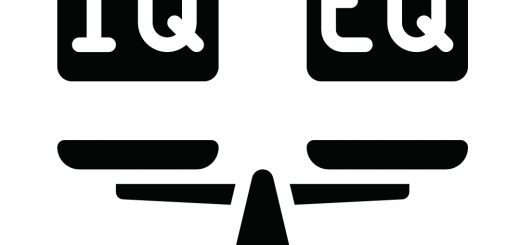Work-Life Balance in the Social Impact World: Strategies for Avoiding Burnout

Social Impact organizations play a crucial role in addressing social and humanitarian challenges around the world. However, the dedication and passion that drive individuals in this sector can often lead to neglect of their own well-being, resulting in burnout. In this article, we will explore the challenges of work-life balance in the nonprofit world and discuss effective strategies to prevent burnout and promote the health and sustainability of both individuals and the organizations they serve.
The Challenges of Work-Life Balance in Nonprofit and Development Organizations
- Mission-Driven Nature: Social Impact organizations are often deeply committed to their missions, which can lead to an “always-on” mentality, making it difficult to disconnect from work.
- High Emotional Labor: Dealing with social issues, crises, and disadvantaged populations can be emotionally taxing, adding to the stress of the job.
- Pressure to Achieve: The desire to make a meaningful impact can lead to relentless pressure to achieve ambitious goals, often at the cost of personal well-being.
Strategies for Avoiding Burnout
- Self-Care Culture: Foster a culture of self-care within the organization. Encourage employees to prioritize their well-being and support one another in maintaining a healthy work-life balance.
- Set Boundaries: Encourage employees to set clear boundaries between work and personal life. This includes establishing specific work hours and being disciplined about not checking work-related emails or messages during personal time.
- Regular Time Off: Encourage and facilitate the use of vacation days and personal time. Employees should be able to take the time they need to recharge without feeling guilty.
- Flexible Schedules: Offer flexible work arrangements such as remote work, compressed workweeks, or flextime to accommodate the diverse needs of employees.
- Training in Stress Management: Provide training in stress management, resilience, and coping strategies to help employees deal with the emotional toll of their work.
- Delegate Responsibility: Ensure that the workload is fairly distributed among team members. Encourage delegation and teamwork to prevent any one individual from becoming overwhelmed.
- Support Networks: Create support networks or peer support groups within the organization, where employees can share their challenges and strategies for dealing with stress.
- Access to Mental Health Resources: Offer access to mental health resources, including counseling or therapy, to provide employees with a safe and confidential space to discuss their stress and mental health.
- Regular Check-Ins: Implement regular check-in meetings to monitor employee well-being and identify potential signs of burnout early. Encourage open communication about stressors.
- Celebrate Achievements: Recognize and celebrate achievements, no matter how small. Positive reinforcement can boost morale and motivation.
- Annual Leave Policies: Review and update annual leave policies to ensure they align with promoting a healthy work-life balance. This may include offering additional leave days or sabbatical opportunities.
- Sustainable Goals: Set realistic and sustainable goals for the organization and for individual employees. Recognize that consistent, manageable progress is more sustainable than striving for unrealistic accomplishments.
In the fast-paced and demanding world of social impact organizations, the well-being of employees should never be sacrificed for the mission. A commitment to work-life balance and the prevention of burnout is not only a moral imperative but also essential for the long-term effectiveness of these organizations. By implementing strategies that support employee well-being, nonprofits can create a healthier and more sustainable work environment while continuing to make a positive impact on the communities they serve. Balancing dedication to the mission with a commitment to self-care can ensure a more resilient and effective workforce in the social impact world.


